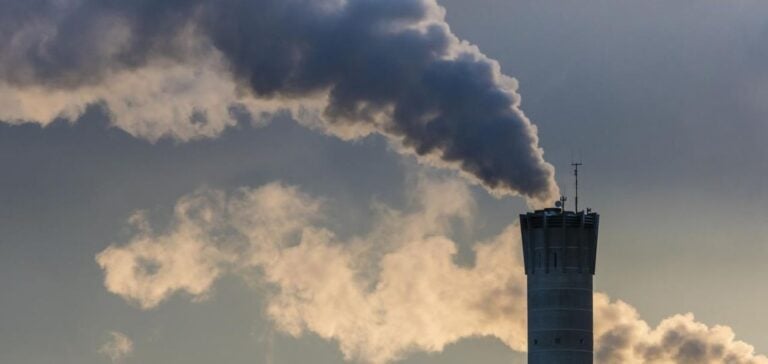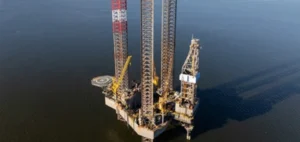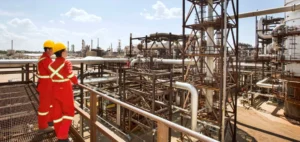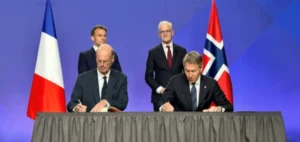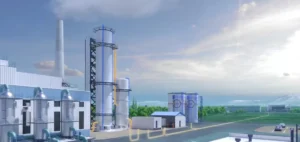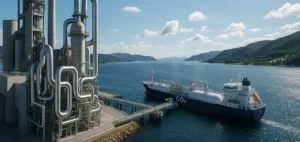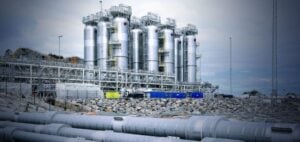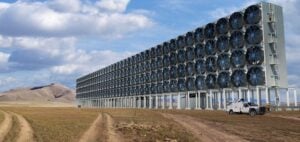Prices for Australian carbon credit units (ACCUs) are set to continue their upward trajectory in 2025, driven by annual emissions threshold reductions mandated by the government’s Safeguard Mechanism and potential delays in implementing new calculation methods.
Introduced in July 2023, the revised Safeguard Mechanism mandates a 4.9% annual reduction in emissions thresholds until 2030, compelling facilities to either reduce their emissions or purchase carbon credits to comply. According to the Clean Energy Regulator’s Quarterly Carbon Market Report, this measure has already begun restructuring the market as safeguard entities prepare for the first compliance period, set for March 31, 2025.
Price and Market Trends
In 2024, prices for Generic ACCUs rose by 15%, reaching AUD 38.80 per metric ton of CO2 equivalent (mtCO2e). However, premium segments, such as credits from Environmental Planting (EP) methods, experienced significant price declines, reaching AUD 49/mtCO2e, as buyers shifted focus to projects offering environmental and social co-benefits.
Analysts predict a rebound in carbon credit prices, with expectations to surpass AUD 45/mtCO2e in 2025. Increasing buyer interest, especially as regulatory deadlines approach, is anticipated to fuel this trend. Nevertheless, this price point could represent a market resistance level, limiting further increases amidst heightened scrutiny over project quality.
Supply Uncertainties
Although 2024 saw a notable rise in ACCU issuance, reaching 19 million units, delays in approving new methods like Integrated Farm and Land Management (IFLM) could challenge the supply-demand balance in the medium term. This method, intended to replace Human-Induced Regeneration (HIR) projects, is not expected to materialize for several years, increasing pressure on existing credits.
Despite this, the Australian government remains optimistic about sufficient credit availability to meet 2025 regulatory compliance demands, according to a spokesperson from the Department of Climate Change, Energy, the Environment and Water.
Political Challenges
The upcoming federal election, scheduled for mid-2025, could also influence the market. A win by the Labor Party or a balance of power favoring independents could ensure continuity of current policies, providing stability for market participants. Conversely, a Coalition victory, seen as less supportive of the carbon credit system, might dampen demand.
However, experts agree that a complete removal of the ACCU system remains unlikely, even under a new government. Market fundamentals, particularly growing demand from safeguard entities, are expected to continue driving prices.

